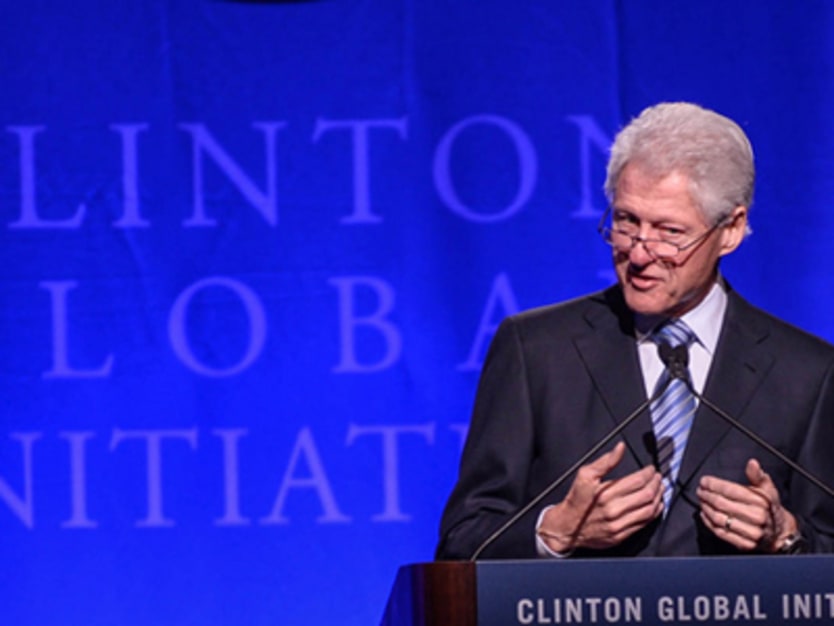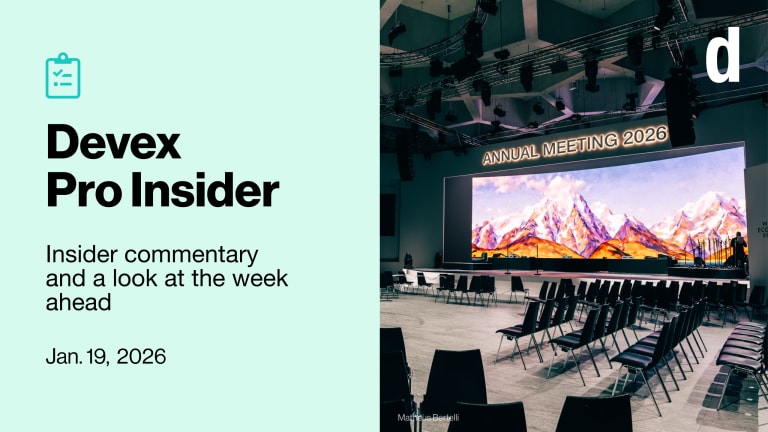
As the Clinton Global Initiative annual meeting got into full swing on Tuesday, partnerships, especially those involving business, were a key topic.
Partnerships are core to what CGI does, as it links diverse organizations, companies and governments from the public and private sectors.
“The private sector has a key role to play in actually moving the needle in a sustainable form in Africa,” said Nigerian billionaire and philanthropist Tony Elumelu, chairman of Heirs Holding Limited.
The private sector is helping Africa become a more competitive environment, but without some key efforts on issues such as power and infrastructure, the impact will be limited, he said. Elumelu is one of the supporters of Power Africa, U.S. President Barack Obama’s $7 billion initiative to increase electricity access across sub-Saharan Africa.
The focus in Africa must be on the issues he described as “catalytic missions and approaches that will allow us to achieve sustainability.”
A role for everyone
Microsoft co-founder and former CEO Bill Gates, considered of one the world’s most generous givers, cautioned that improving economic development is not always linked with improving human indicators, which must also be addressed.
He sees specific roles for business, government and philanthropists.
“The private sector is the biggest force in terms of dollars and innovation,” Gates said.
Sometimes innovation is the result of a first-world solution trickling down to the developing world, and he gave the example of a deworming drug developed for rich dogs in the United States that was turned into a drug helping to deworm people in developing countries.
Philanthropists should be taking the biggest risks and tackling the issues that business and governments are not addressing, explained the chairman of the Bill & Melinda Gates Foundation. A key area is in vaccine development, which is risky and could result in failure, so the Gates Foundation has established multiple partnerships with universities, health organizations and pharmaceutical companies to marshal the necessary expertise to try to find vaccines.
Gates then addressed a key issue in the formation of partnerships and incorporation of business in global development.
“Sometimes nonprofits think that for-profits are evil,” Gates said.
The key is to bridge the gap between the private and pulic sectors to try to get the best of both worlds — and that process often requires a middleman, he said.
Critics lash out
Earlier in the day, there was some criticisms of the business community at CGI.
Mo Ibrahim, founder and chairman of the Mo Ibrahim Foundation, criticized Internet giants for failing to get involved in creating the physical layer, or infrastructure, for Internet in Africa. Ibrahim said he was frustrated with the image of Africans as corrupt people and that the focus on better governance cannot move forward without better governance globally.
“For every corrupt leader, there are 50 corrupt business people,” Ibrahim said. “Half of them are sitting here.”
Rock star and anti-poverty advocate Bono — who said that he isn’t an anti-corporate critic — also spoke out. He said that he is concerned by the American Petroleum Institute’s lawsuit to stop a law requiring companies to publish what they paid for oil and mining contracts in the developing world. He called on oil giants Exxon and Chevron, which he said are doing good work, to exert pressure on APE to allow for rules that would improve transparency and accountability.
“You can’t have it both ways,” said Bono. “You can’t give alms to the poor on one level and have your hands to their throat on another.”
You can follow Devex on Twitter and Facebook, and find comprehensive coverage of New York #globaldev Week here.
Read more development aid news online, and subscribe to The Development Newswire to receive top international development headlines from the world’s leading donors, news sources and opinion leaders — emailed to you FREE every business day.






